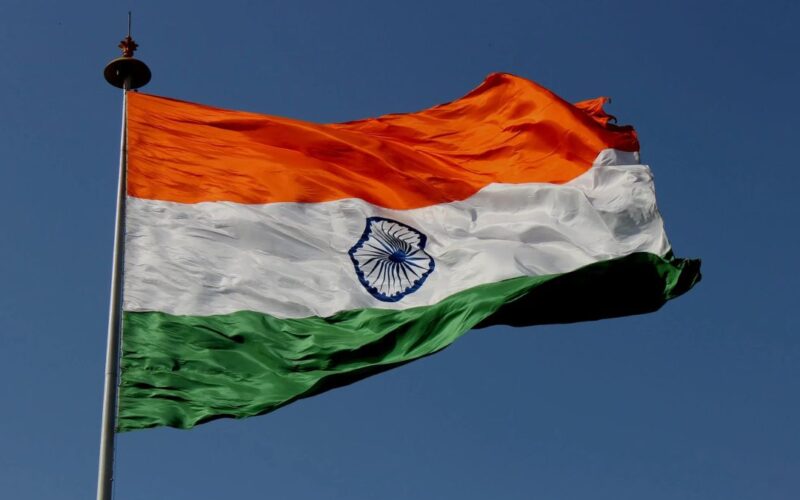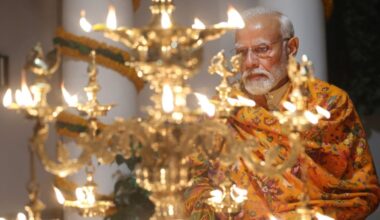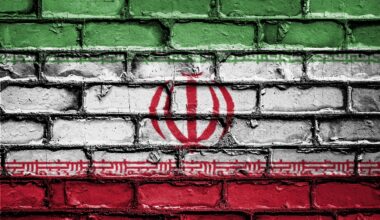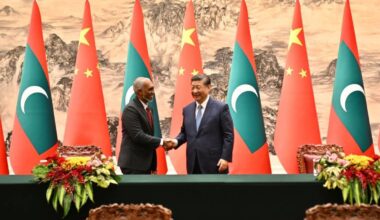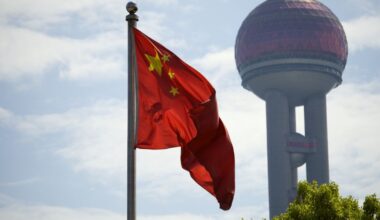India’s Republic Day, observed on January 26th each year, stands as a monumental testament to the country’s rich tapestry of history, culture, and democracy. This article explores the unique and special aspects that make India’s Republic Day a distinctive celebration, weaving together the threads of democracy, diversity, and constitutional values.
Historical Significance
India’s Republic Day commemorates the adoption of the Constitution on January 26, 1950, marking the day when the country officially became a sovereign, socialist, secular, and democratic republic. The historical significance lies in the momentous transition from colonial rule to a self-governing nation.
Preamble to the Constitution
The celebration emphasizes the Preamble to the Indian Constitution, which encapsulates the guiding principles of justice, liberty, equality, and fraternity. Republic Day serves as a reminder of the ideals that shape India’s governance and the commitment to upholding fundamental rights for all citizens.
Cultural Extravaganza
One of the special features of Republic Day is the grand cultural parade held in the capital, New Delhi. This extravaganza showcases the diversity of India’s states and union territories through vibrant displays of traditional dances, music, and art, reflecting the unity in diversity that defines the country.
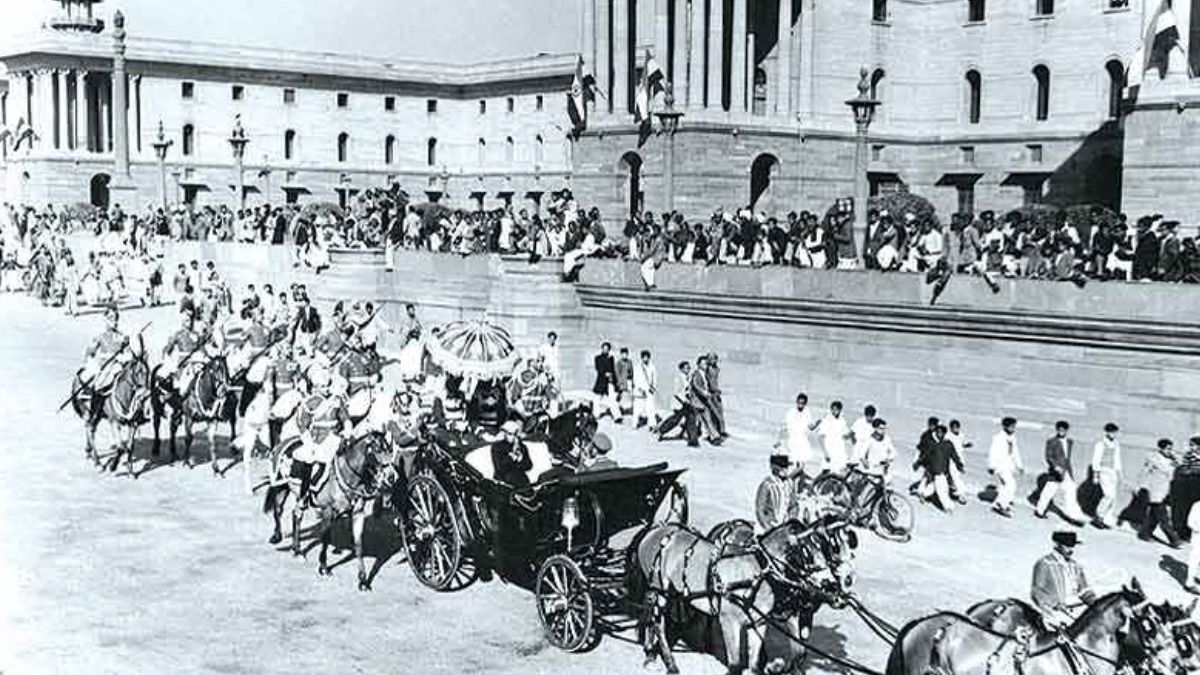
Military Salute
Republic Day witnesses an impressive display of India’s military might, with a grand parade featuring the three branches of the armed forces – the Army, Navy, and Air Force. The military salute pays homage to the dedication and sacrifice of the country’s armed forces in safeguarding its sovereignty.
Guest of Honor
An annual tradition is the invitation extended to a foreign dignitary as the Chief Guest for the Republic Day celebrations. This gesture symbolizes India’s commitment to global cooperation and diplomatic relations. The presence of a distinguished guest adds an international dimension to the festivities.
National Awards and Honors
Republic Day is a moment to recognize and honor individuals who have made exceptional contributions to various fields. The prestigious Padma Awards, including the Padma Vibhushan, Padma Bhushan, and Padma Shri, are conferred by the President of India during the celebrations, acknowledging outstanding achievements.
Showcasing Technological Advancements
The Republic Day parade is a platform to showcase India’s technological advancements and achievements. Displays of military hardware, indigenously developed weaponry, and glimpses of space exploration projects highlight the country’s progress in science and technology.
Public Participation
Republic Day is not just a government-led celebration; it involves active participation from the public. Schools, colleges, and citizens across the nation engage in various cultural programs, flag-hoisting ceremonies, and patriotic activities to mark the occasion.
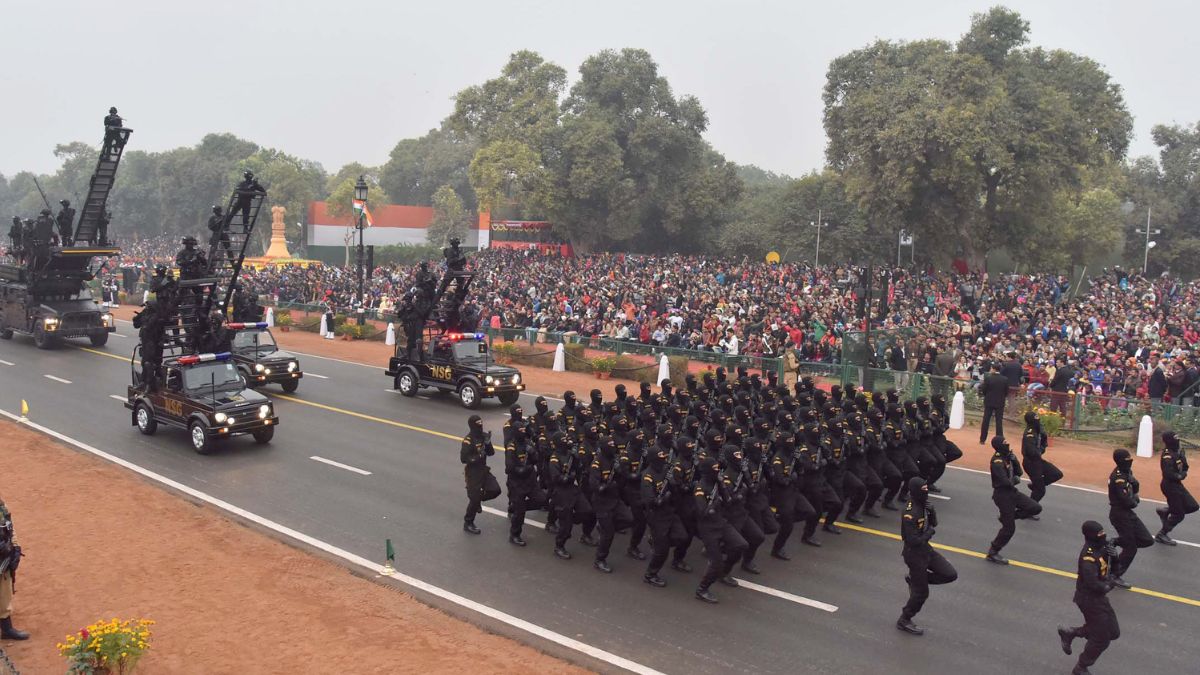
Reflection on Democratic Values
The day prompts reflection on the core democratic values embedded in the Indian Constitution. It serves as an annual reminder of the importance of upholding democratic principles, respecting diversity, and ensuring justice and equality for all citizens.
Renewed Commitment to Nation-Building
Republic Day instills a sense of pride and patriotism, fostering a renewed commitment to nation-building among the citizens. It encourages individuals to actively contribute to the progress and development of the country, aligning with the vision laid out by the founding fathers.
A Tapestry of Democracy and Diversity
India’s Republic Day is a celebration that goes beyond the ceremonial rituals; it encapsulates the essence of a diverse, democratic, and dynamic nation. From honoring constitutional values to showcasing cultural diversity and technological prowess, Republic Day serves as a vibrant tapestry that weaves together the threads of India’s rich heritage and its aspirations for a brighter future. It stands as a day to reflect on the journey of the nation and to collectively envision the path forward towards continued progress and unity.
